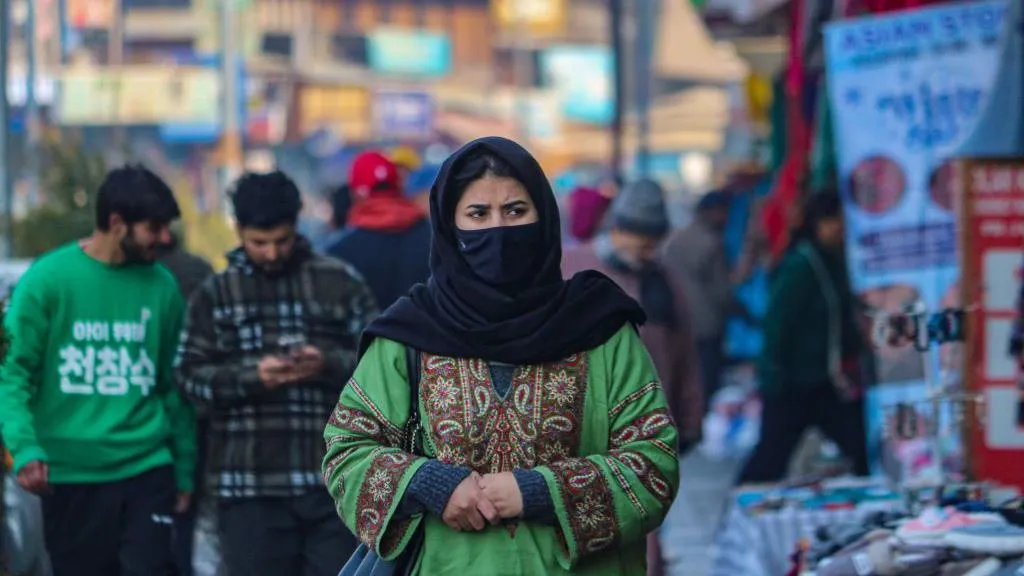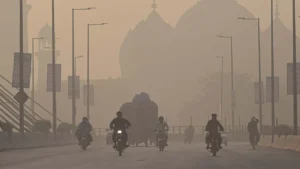ISLAMABAD, March 17: A fashion show held in Indian occupied and held Kashmir recently by a prominent Indian brand Shivan & Narresh at a ski resort in Gulmarg has sparked a major controversy.
The clothes showcased were hugely anti-Kashmir traditional suiting leading the show to draw a serve outrage. Moreover, it was the fasting month of Ramdhan.
The event, which was intended to showcase the brand’s skiwear collection, quickly became the center of a heated debate and anger due to the appearance of models wearing bikinis and underwear.
This upset many locals, religious leaders, and politicians in the predominantly Muslim region.
The fact that the show was held during Ramadan — a sacred month for Muslims involving fasting and prayer — further intensified the backlash. Some critics went as far as to call the show “obscene” and likened it to “soft porn.”
Indian Held Kashmiri Took it as Cultural Erosion by Outsiders
The outrage is rooted not only in religious conservatism but also in a fear of cultural erosion by “outsiders.” Kashmir, with its turbulent history of political unrest and conflict, has seen resistance to events like this in the past.

Locals have expressed concerns that such events attempt to undermine their traditional values and cultural identity.
This sentiment has been heightened by the political developments since 2019, when the Indian government revoked Kashmir’s special autonomy under Article 370.
Many locals view such events as part of a broader push to change the region’s cultural fabric.
In response to the backlash, the fashion brands’ social media videos, posted by Elle India and Lifestyle Asia, were even deleted.

The designers publicly apologized, claiming that their primary aim was to celebrate creativity rather than offend local religious or cultural sentiments.
Event Under Investigation
Local authorities are now investigating the event, and opposition politicians have sharply criticized the government for granting permission for such a controversial event.
This controversy sheds light on the delicate balance between hosting modern, global events and respecting the traditional values of a region like Kashmir, which has been marked by decades of political tension.

It also brings up important questions about whether such events can be more thoughtfully aligned with the region’s unique cultural landscape, and if they are to be held, how they should be adapted to avoid cultural insensitivity.









